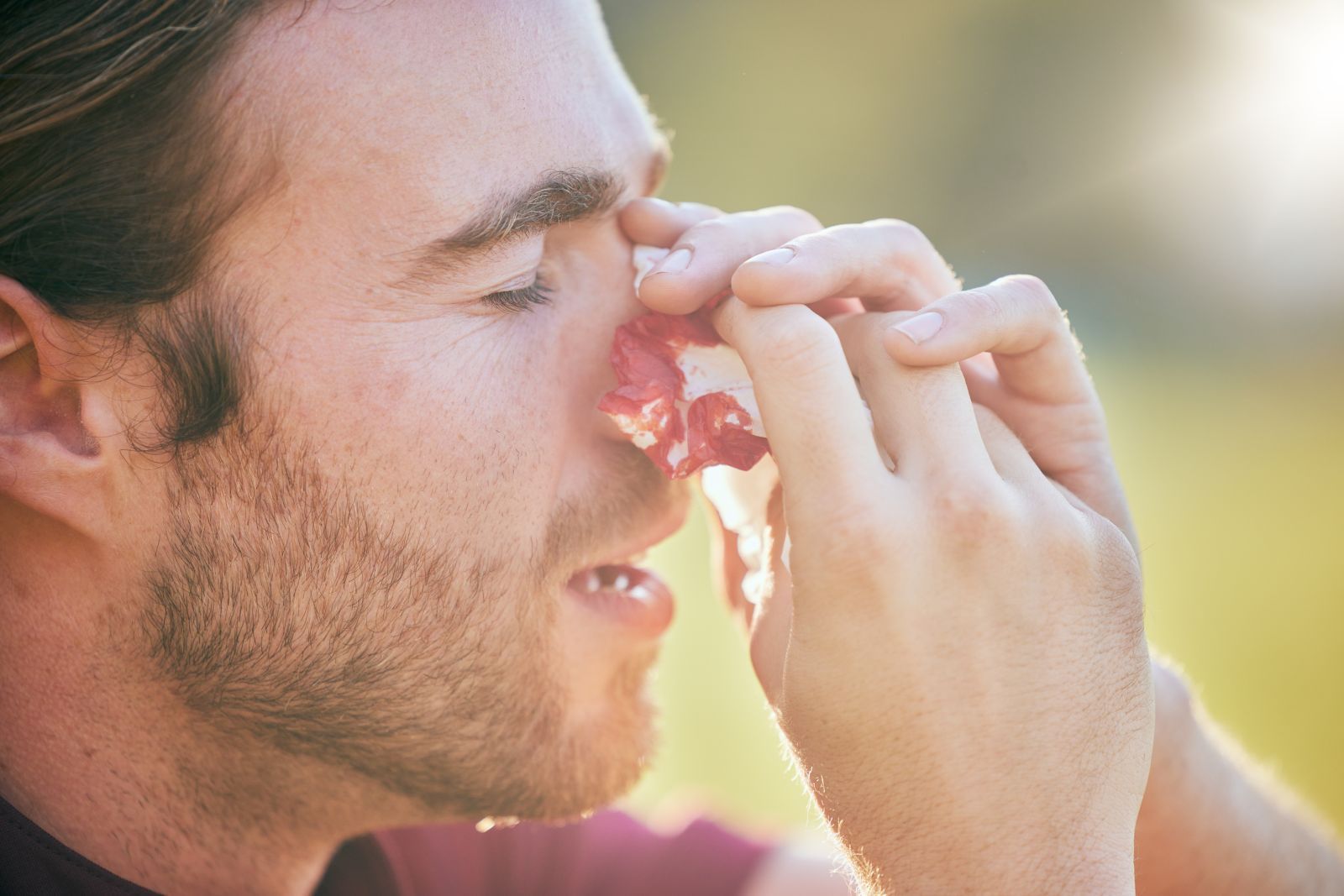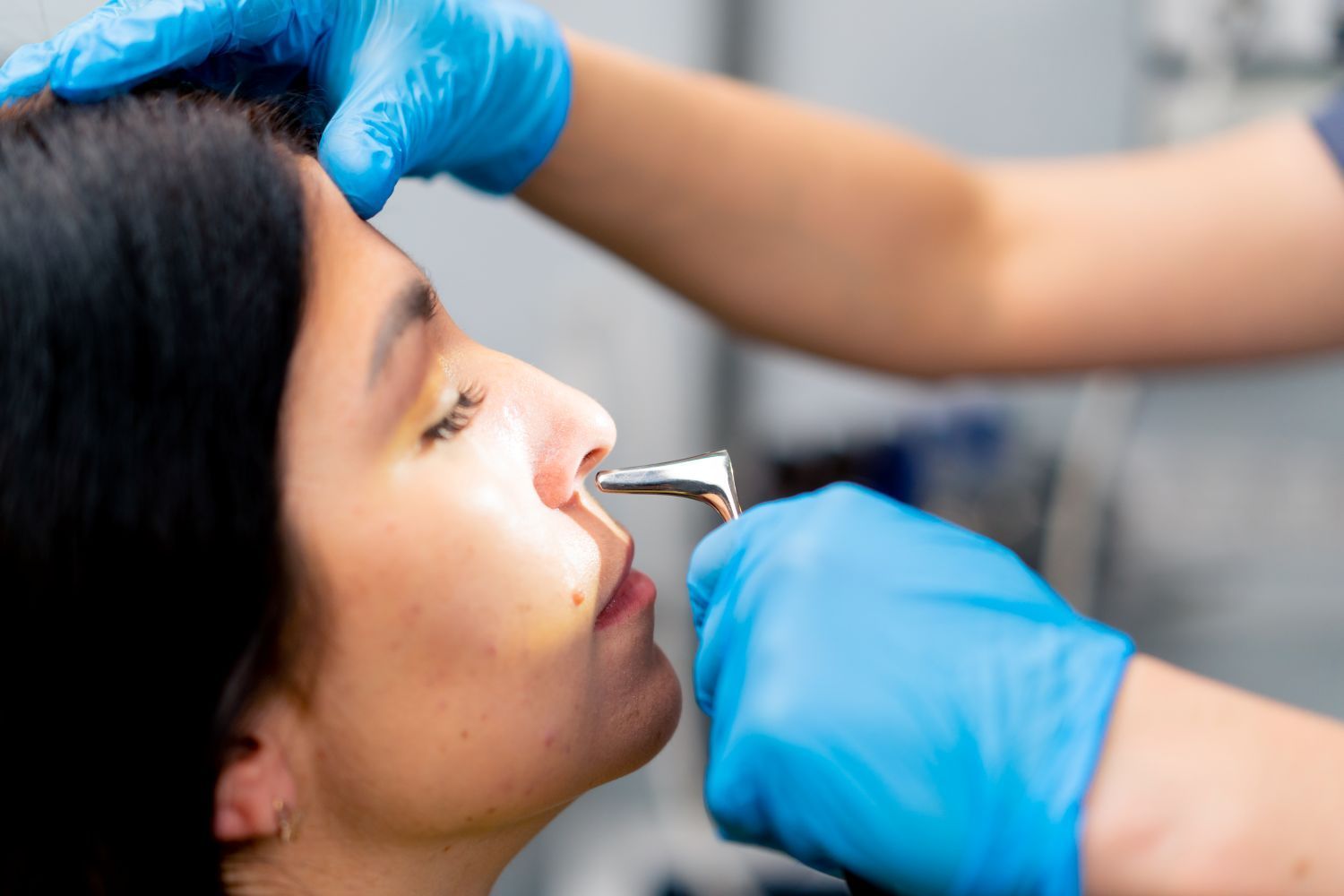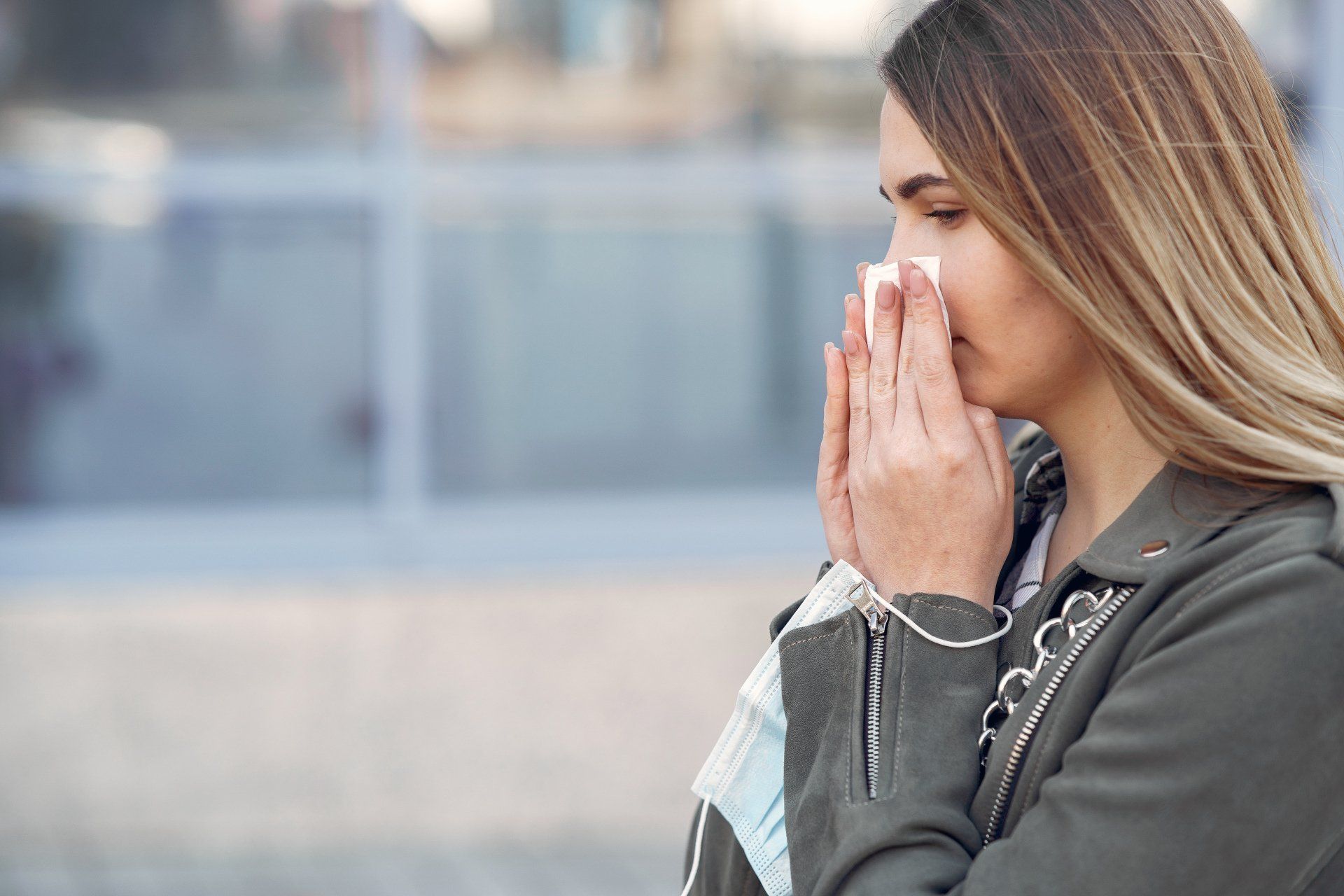How to Get Rid of a Headache
Headaches are a common ailment that can disrupt our daily routines and cause discomfort. Whether it's a tension headache from stress or a migraine triggering intense pain, finding relief is essential. Read on to learn more about headaches and some effective strategies to help you get rid of it.
Understanding Headaches
Headaches can vary in type and intensity, with some of the most common types being tension headaches, migraines, cluster headaches, and sinus headaches.
- Tension Headaches: Often described as a dull, aching pain that can affect both sides of the head. These headaches are commonly associated with stress, poor posture, or muscle tension.
- Migraines: Characterized by intense throbbing or pulsing pain, usually on one side of the head. Migraines can be accompanied by nausea, sensitivity to light and sound, and visual disturbances. Common triggers include hormonal changes, certain foods, stress, and sensory stimuli.
- Cluster Headaches: These are excruciating headaches that occur in cyclical patterns or clusters. They typically cause severe pain around one eye or on one side of the head. Cluster headaches often come on suddenly and are known to be triggered by alcohol consumption, smoking, or certain medications.
- Sinus headaches: Sinus headaches are characterized by pain and pressure in the face, particularly around the forehead, cheeks, and eyes. These headaches are often associated with sinus inflammation or congestion.
Understanding the types of headaches and their common causes and triggers can help individuals better manage and prevent headache episodes effectively.
Lifestyle Changes for Headache Relief
Making certain lifestyle changes can significantly contribute to alleviating and preventing headaches. Here are some key modifications that can help in headache relief:
- Hydration: Ensuring adequate hydration by drinking enough water throughout the day can prevent dehydration-induced headaches.
- Regular Meals: Maintaining consistent meal times with balanced nutrition helps stabilize blood sugar levels, reducing the likelihood of headaches.
- Stress Management: Practicing stress-reducing activities like deep breathing, meditation, or yoga can alleviate tension headaches caused by stress.
- Quality Sleep: Prioritizing good sleep hygiene, including a regular sleep schedule and creating a relaxing bedtime routine, can help reduce headaches triggered by poor sleep quality.
By incorporating these lifestyle changes into daily routines, individuals can proactively manage headaches and improve their overall well-being.
Home Remedies for Headaches
Home remedies can offer effective relief for headaches without the need for medication. Here are some simple yet beneficial home remedies to consider:
- Cold Compress: Applying a cold compress or ice pack to the forehead or neck can help constrict blood vessels and reduce headache pain.
- Warm Compress: Alternatively, a warm compress or heating pad applied to the neck or shoulders can help relax tense muscles and alleviate headaches.
- Essential Oils: Aromatherapy using essential oils like lavender, peppermint, or eucalyptus can provide calming effects and help relieve headache symptoms.
- Herbal Teas: Herbal teas such as ginger, chamomile, or peppermint can have soothing properties that may help alleviate headaches.
- Scalp Massage: Gently massaging the scalp, temples, or neck can promote relaxation and relieve tension that contributes to headaches.
- Hydration: Drinking a glass of water or herbal tea can help rehydrate the body and potentially alleviate headaches caused by dehydration.
These home remedies are easy to implement and can be effective in providing relief from various types of headaches.
Over-the-Counter Medications
Over-the-counter (OTC) medications are commonly used for headache relief, including sinus headaches. Here is a summary:
- Pain Relievers: OTC pain medications like acetaminophen, ibuprofen, and aspirin can help alleviate headache pain. They work by reducing inflammation and blocking pain signals.
- Decongestants: For sinus headaches caused by congestion, OTC decongestants like pseudoephedrine can help reduce nasal swelling and pressure in the sinuses.
- Antihistamines: In cases where sinus headaches are triggered by allergies, OTC antihistamines like loratadine or cetirizine can help relieve allergy symptoms and associated headaches.
- Combination Medications: Some OTC medications combine pain relievers with decongestants to address both headache pain and sinus congestion in one dose.
It's important to follow the recommended dosage instructions and consult a specialist if headaches persist or worsen despite OTC medication use.
Seeking Professional Help
Seeking professional help for headaches is essential in certain situations:
- Severe or Persistent Headaches: If headaches are severe, frequent, or persistent, it's important to consult a specialist to rule out underlying health conditions.
- New or Worsening Symptoms: Any sudden onset of severe headaches, headaches accompanied by neurological symptoms like dizziness or vision changes, or headaches that worsen over time should prompt a medical evaluation.
- Impact on Daily Life: Headaches that significantly interfere with daily activities, work, or quality of life warrant a visit to a healthcare professional for proper diagnosis and management.
- Changes in Headache Patterns: If there are notable changes in the frequency, intensity, or duration of headaches, a healthcare provider can assess these changes and recommend appropriate treatment.
By seeking professional help, individuals can receive a comprehensive evaluation, proper diagnosis, and personalized treatment plan to effectively manage their headaches and improve overall quality of life.
Feel free to schedule an appointment with Dr. Thomas Higgins, MD, MSPH, in Louisville, KY, or Jeffersonville, IN, for any inquiries regarding headaches. His commitment is to provide you with effective relief and personalized care.
Thomas S. Higgins, MD, MSPH
Father. Husband. Sinusitis Nerd.















